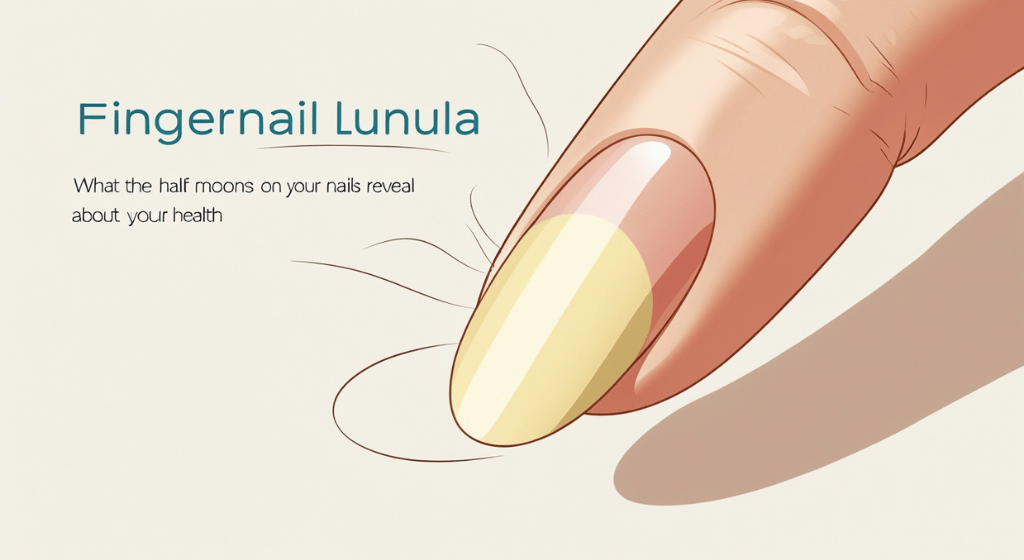6 Warning Signs That Your Liver is Full of Toxins
The liver, a vital organ in the human body, plays a crucial role in maintaining overall health. It serves as the body’s primary detoxification system, filtering out harmful substances and aiding in nutrient metabolism. However, the liver can become overwhelmed due to various factors, including unhealthy lifestyle choices and environmental toxins. Recognizing the warning signs of liver distress is essential to prevent severe health issues. Here are six signs that your liver might be full of toxins and in need of care:
1. Fatigue and Weakness
Persistent tiredness and weakness are common signs that the liver is overburdened. When the liver struggles to filter toxins efficiently, it can lead to a buildup of waste products in the bloodstream, causing general fatigue. If you find yourself constantly feeling drained despite adequate rest, it might be time to evaluate your liver health.
2. Jaundice
One of the more apparent signs of liver dysfunction is jaundice, which manifests as a yellowing of the skin and eyes. This occurs when bilirubin, a byproduct of the breakdown of red blood cells, accumulates in the body due to impaired liver function. Jaundice is a clear indication that the liver is struggling to process and eliminate toxins effectively.
3. Abdominal Pain and Swelling
Discomfort or pain in the upper right side of the abdomen can be a sign of liver inflammation or enlargement. When the liver is full of toxins, it can become inflamed, leading to pain and swelling. In some cases, this can also cause a feeling of fullness or bloating in the abdominal area.
4. Dark Urine and Pale Stool
Changes in urine and stool color can also indicate liver problems. Dark urine may result from an excess of bilirubin in the bloodstream, while pale or clay-colored stool suggests a lack of bile production. Both symptoms point to an overworked liver that is unable to process toxins properly.
5. Skin Issues
The skin can reflect the health of internal organs, including the liver. Issues such as acne, eczema, or itchiness may arise when the liver is overloaded with toxins. Since the skin is another route for the body to eliminate waste, liver dysfunction can lead to an increase in skin problems as toxins attempt to exit through the skin.
6. Digestive Problems
The liver plays a significant role in digestion by producing bile, which helps break down fats. When the liver is compromised, bile production can decrease, leading to digestive issues such as constipation, bloating, or indigestion. Persistent digestive discomfort could be a sign that your liver needs support.
Supporting Liver Health
To support liver health and prevent toxin overload, consider adopting a liver-friendly lifestyle. This includes a balanced diet rich in fruits, vegetables, and whole grains, regular exercise, adequate hydration, and avoiding excessive alcohol and processed foods. Additionally, certain supplements like milk thistle, turmeric, and dandelion root are known for their liver-protective properties.
In conclusion, being aware of these warning signs and taking proactive steps to care for your liver can lead to better overall health and well-being. If you experience any of these symptoms persistently, consult a healthcare professional for proper diagnosis and treatment. Your liver’s health is vital for a healthy life, so give it the care and attention it deserves.



